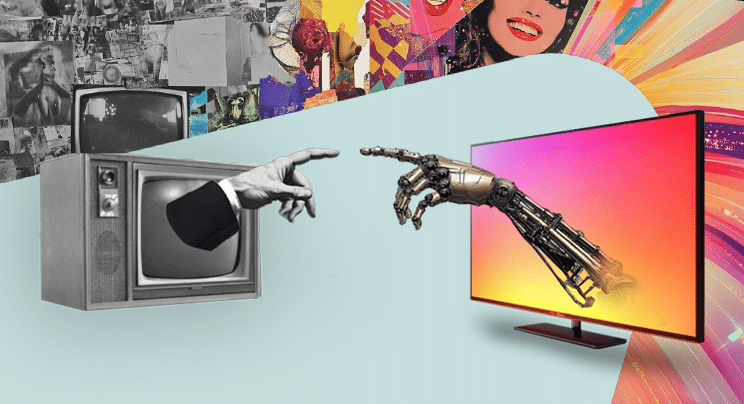As reported earlier this year in RF Report, appliance maker Electric Mirror asked the FCC for a six-month waiver of the DTV tuner requirement for its TV receivers that are built into vanity mirrors. In Order (DA 07-4985), the FCC denied the waiver request. “Were the waiver request not moot, a grant of the waiver requested by Electric Mirror would be inconsistent with the Commission’s goal of ensuring that viewers are able to receive broadcast television service after analog service ends and therefore would not have served the public interest,” the order said.
The FCC rejected Electric Mirror’s argument which stated that because a waiver was granted for TV sets used in medical facilities, Electric Mirror should receive a waiver. Unlike the TV sets used in medical facilities, which are manufactured by small companies and must go through a lengthy medical equipment approval process, the Electric Mirrors receivers “are not used by a population with these special needs nor are they subject to a lengthy approval process,” the FCC wrote.
In January, Kohler Co. requested a waiver of the DTV tuner requirement until Jan. 1, 2008. On May 3, 2007, Kohler submitted a litter requesting withdrawal of the request for the waiver. In Order (DA 07-4997), the FCC granted allowed the company to withdraw its waiver request.
The professional video industry's #1 source for news, trends and product and tech information. Sign up below.

Doug Lung is one of America's foremost authorities on broadcast RF technology. As vice president of Broadcast Technology for NBCUniversal Local, H. Douglas Lung leads NBC and Telemundo-owned stations’ RF and transmission affairs, including microwave, radars, satellite uplinks, and FCC technical filings. Beginning his career in 1976 at KSCI in Los Angeles, Lung has nearly 50 years of experience in broadcast television engineering. Beginning in 1985, he led the engineering department for what was to become the Telemundo network and station group, assisting in the design, construction and installation of the company’s broadcast and cable facilities. Other projects include work on the launch of Hawaii’s first UHF TV station, the rollout and testing of the ATSC mobile-handheld standard, and software development related to the incentive auction TV spectrum repack. A longtime columnist for TV Technology, Doug is also a regular contributor to IEEE Broadcast Technology. He is the recipient of the 2023 NAB Television Engineering Award. He also received a Tech Leadership Award from TV Tech publisher Future plc in 2021 and is a member of the IEEE Broadcast Technology Society and the Society of Broadcast Engineers.
